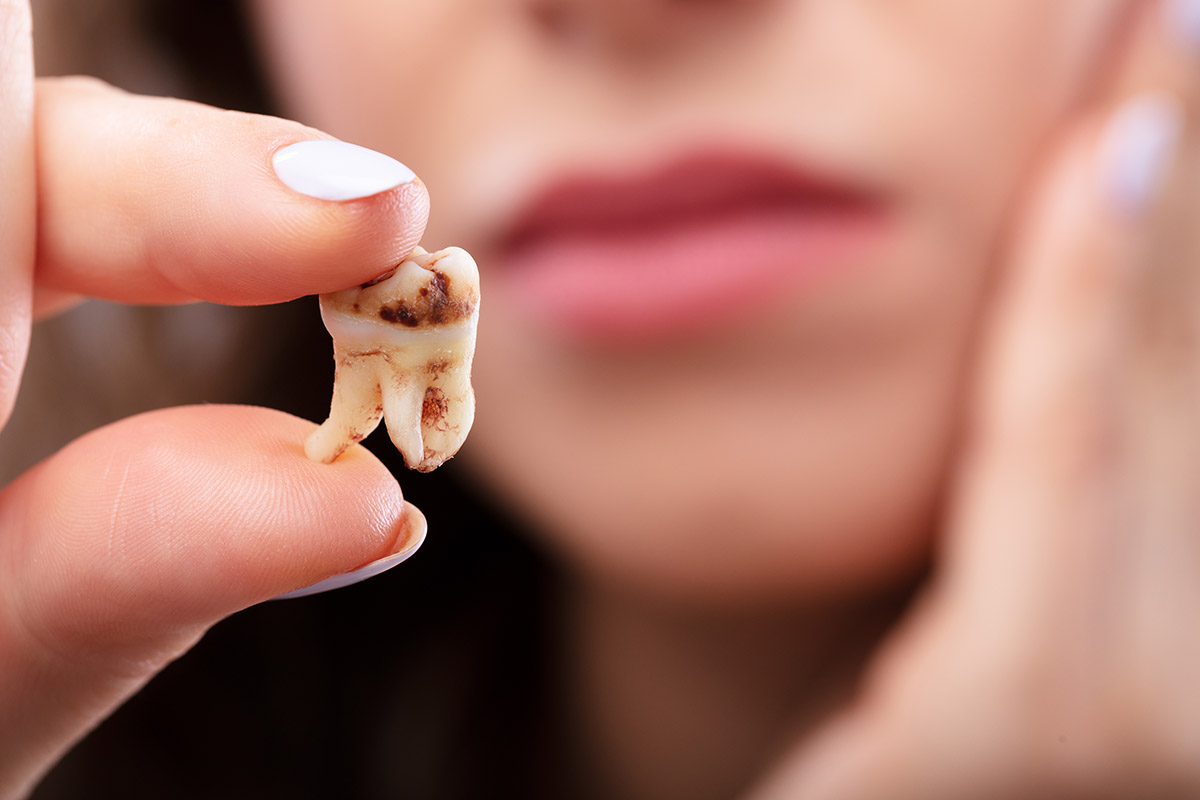Tooth decay remains a severe problem for everyone. No matter how well you care for your teeth, eliminating the chances of tooth decay becomes impossible. You cannot make your teeth invincible to decay, but you can minimize the risks. Of course, seeing your dentist regularly at Lovett Dental Gulfgate further reduces the impact of decay. Everyone should work to educate themselves about tooth decay. By learning more about how tooth decay develops, the better chance you have of keeping your teeth clean and healthy.
Damage To Tooth Enamel
Tooth decay refers to the breakdown of the enamel on the teeth, and it can get worse without proper care and treatment. Improving your dental hygiene habits also helps matters. The worse decay becomes, the more extensive dental treatment becomes. After a certain point, however, tooth loss may even become unavoidable.
Plaque is the major factor leading to tooth decay. Plaque is a clear film that coats the teeth, and it does more than just make the teeth look funny. This substance traps bacteria, and bacteria continue to harm the teeth as it remains in place over time. Regular brushing with anti-plaque toothpaste helps, and so does a thorough cleaning at the dentist’s office. Two key factors can help prevent tooth decay: at-home cleaning with quality products combined with a cleaning at the dentist twice per year. By keeping up your oral health at home, you can save time at the dentist and make your oral health care easier and more pleasant. Preventive maintenance steps are also helpful. You want to do what you can to keep plaque from forming on your teeth.
How Does Tooth Decay Develop? The Carbohydrate Role
The age-old notion that sugary foods can ruin your teeth is not wrong. And it is not only refined sugars found in sodas and candy that may cause harm. All carbohydrates present a risk to your teeth, so you have to work hard to reduce the threat that carbs present. And yes, that even includes “good carbs,” such as fruits and whole grains.
Why are carbohydrates cause for concern? After eating carbs, a reaction occurs in the mouth that contributes to tooth decay. Bacteria feed on and break down the carbohydrates, which creates an acid. The acid then plays its part in causing tooth decay. However, this does not mean that you shouldn’t eat carbs. It just means that you should take care to remember your teeth after a meal.
Brushing after you eat becomes essential when you are trying to reduce the chances of tooth decay. You do not want food residue from carbs sticking to your teeth. Flossing becomes vital, too. Food particles get stuck in between the teeth, and flossing helps remove them. Brushing and flossing after every meal are preferable to only doing so in the morning before breakfast. You do not want food particles in between your teeth throughout the day and then overnight.
Regular Cleanings Help Prevent Tooth Decay
While there are many great anti-plaque toothpaste brands on the market, they have their limits if you rely on brushing your teeth alone. Even someone who follows all the recommended steps for proper daily dental care might not be enough. You should visit the dentist if you want thorough and proper teeth cleaning. Visiting the dentist every six months for a professional tooth cleaning is better than going years and years without a checkup.
Unfortunately, many people go several years without one, which causes decay and gum disease to worsen. Tooth decay often develops when you put off going to the dentist. A twice-yearly checkup means getting two thorough cleanings per year. The checkups also afford a dentist a chance to discover any significant problems if they develop. Identifying the issues means the dentist can take steps for treatment.
At Lovett Dental Gulfgate, we offer a variety of dental care and treatment options, including general, cosmetic, and pediatric dentistry. Call 713-847-8822 to set up an appointment.







